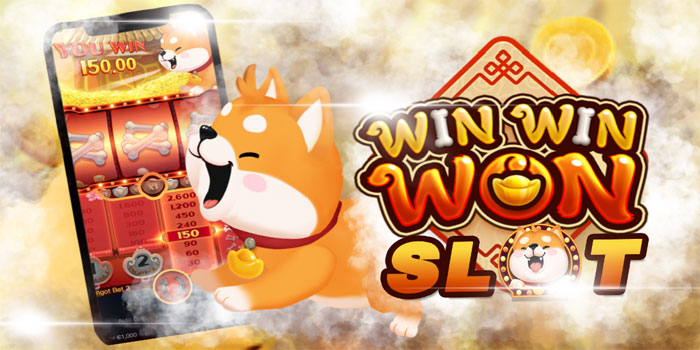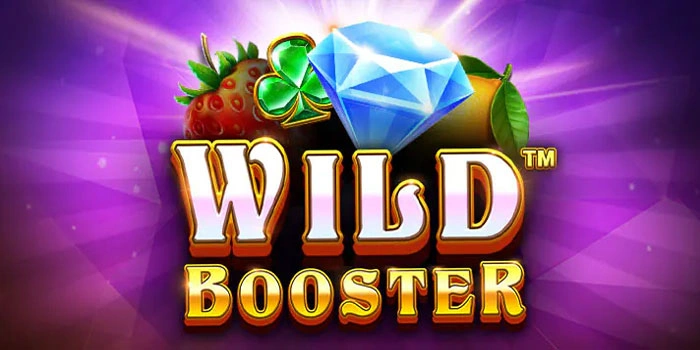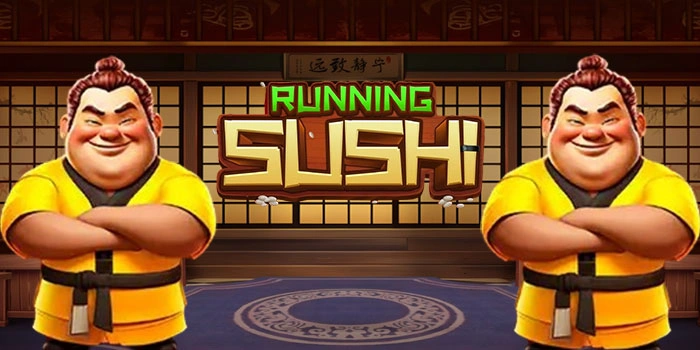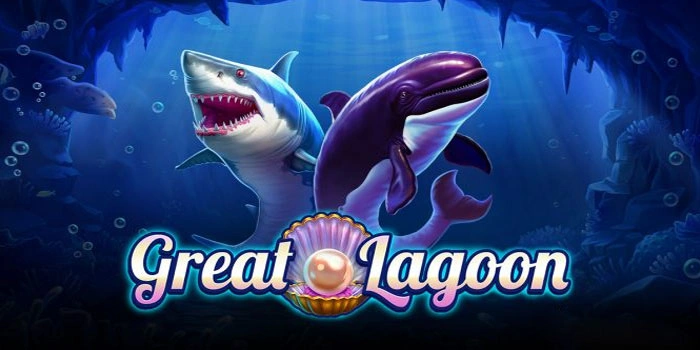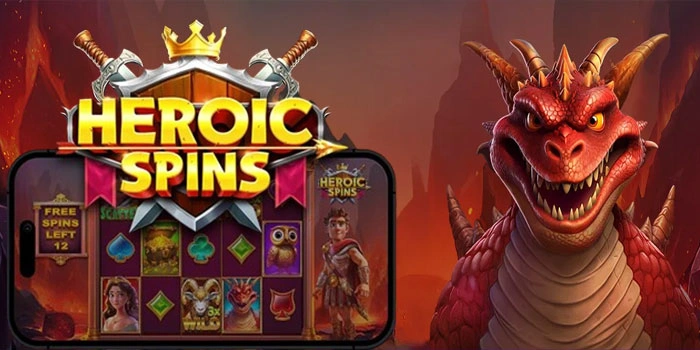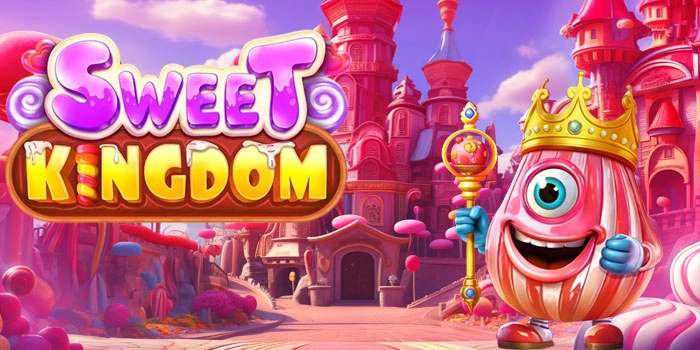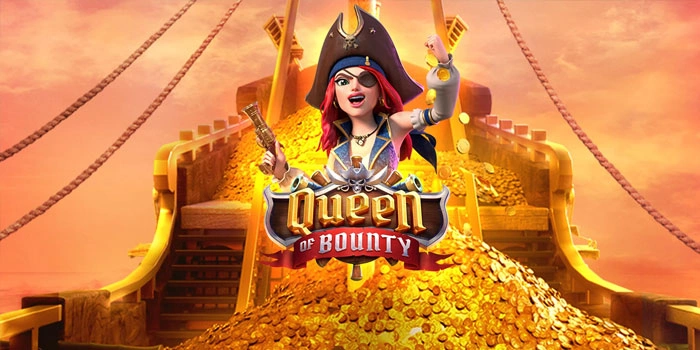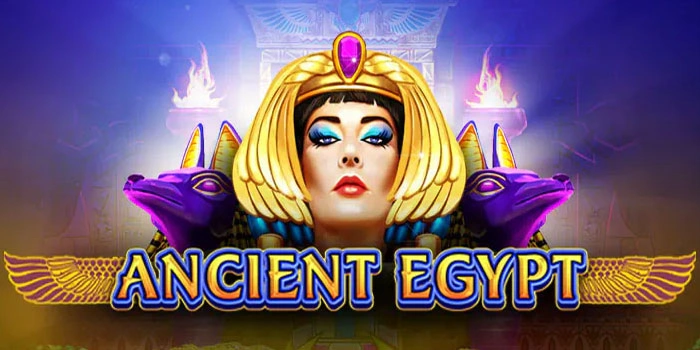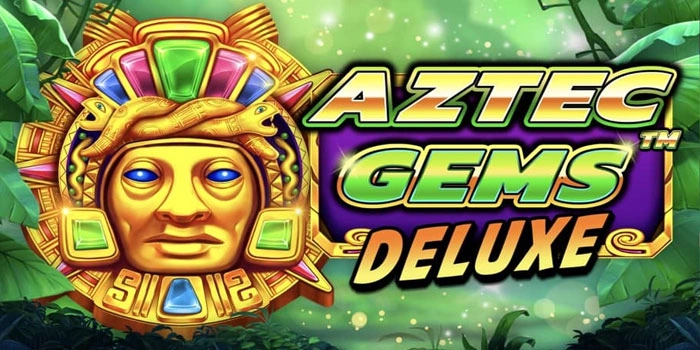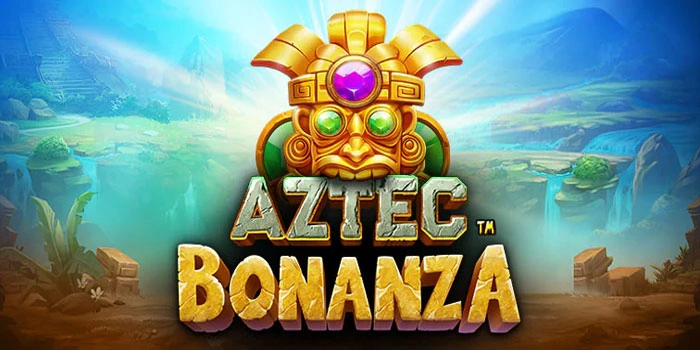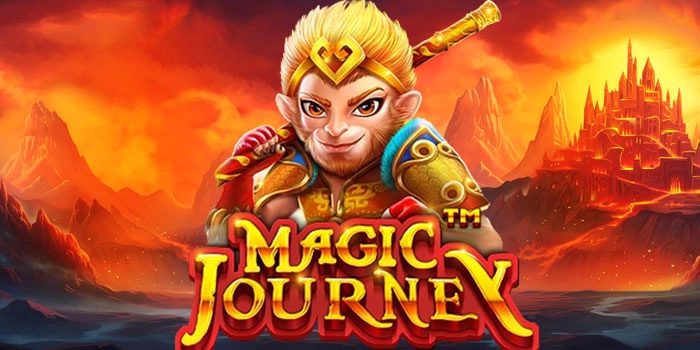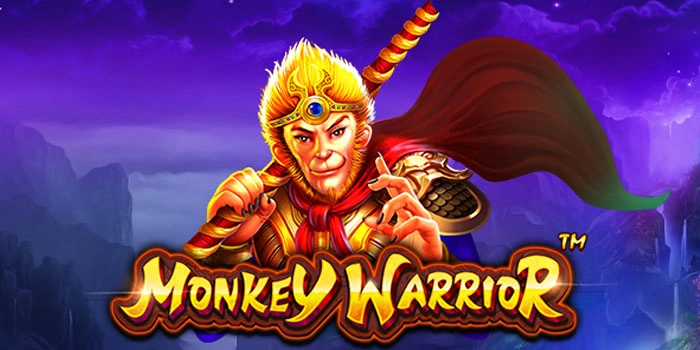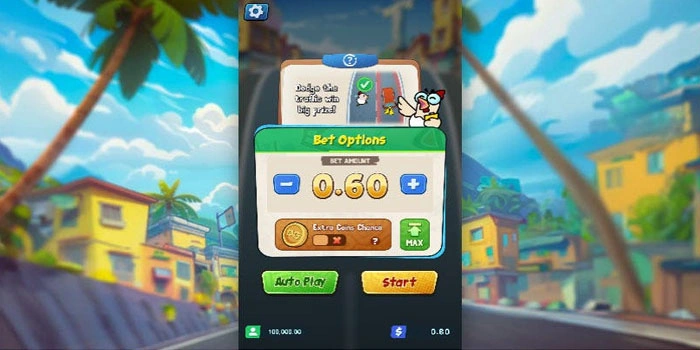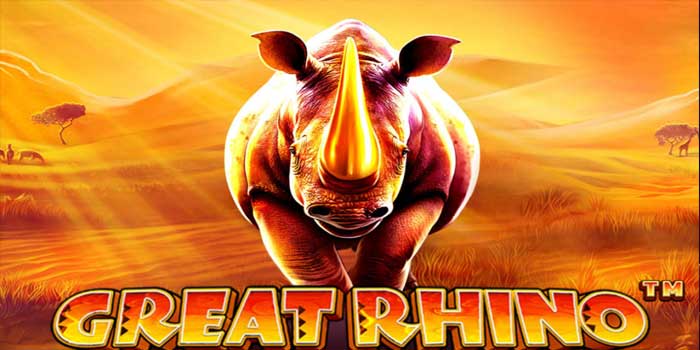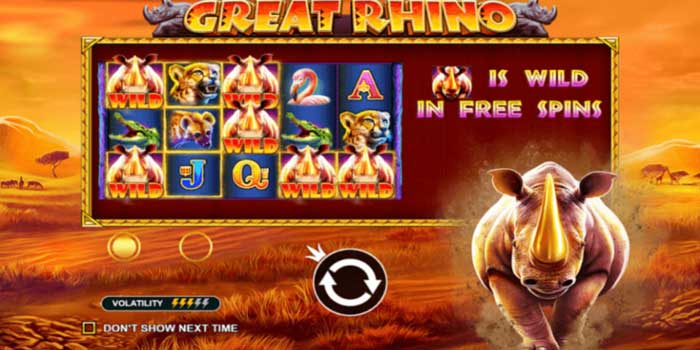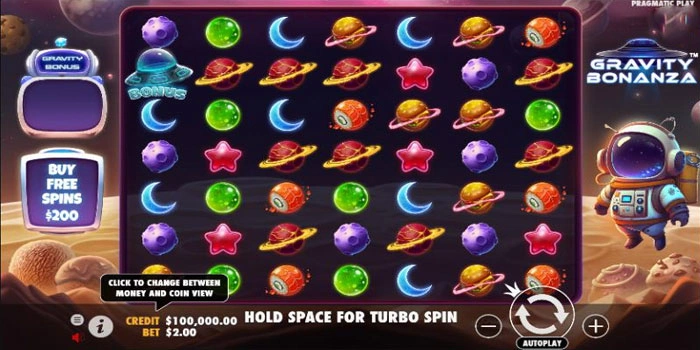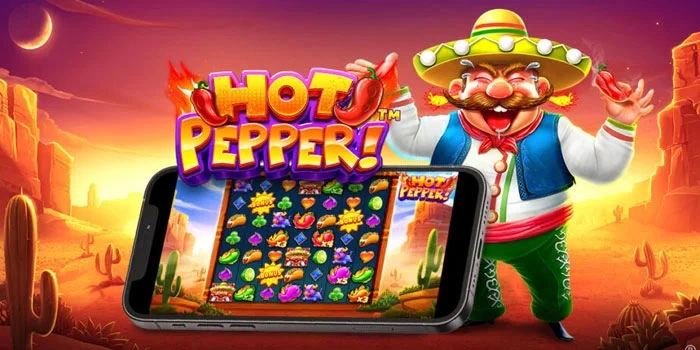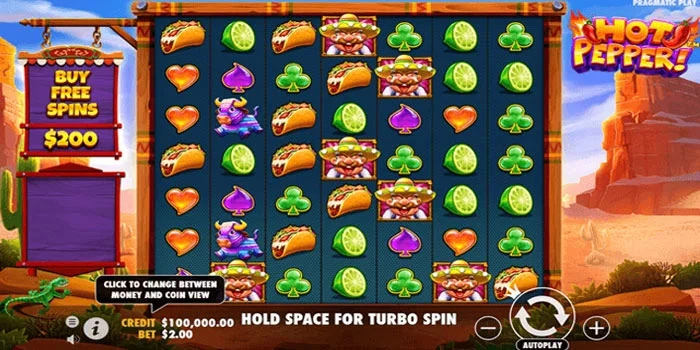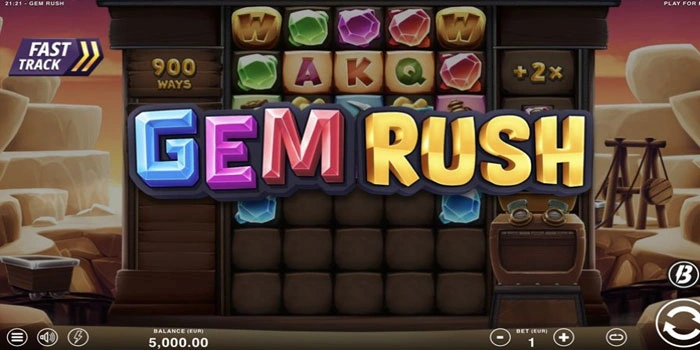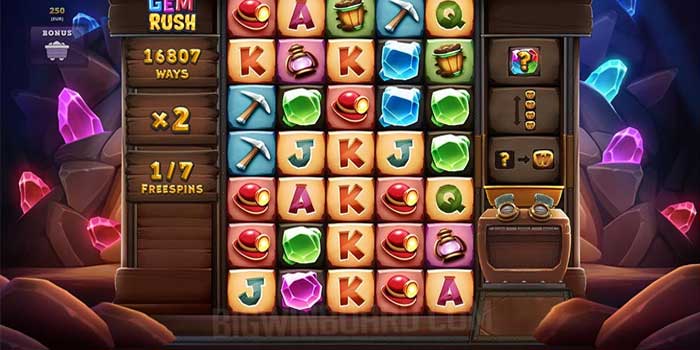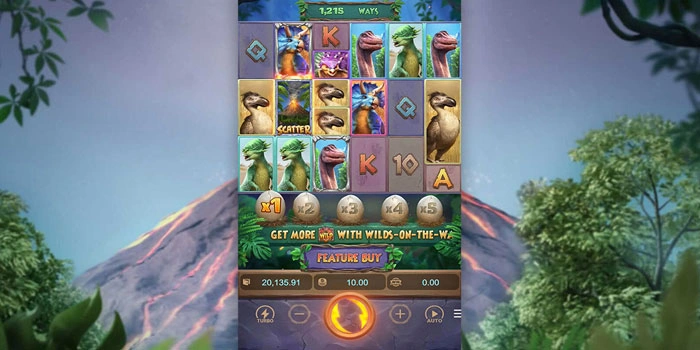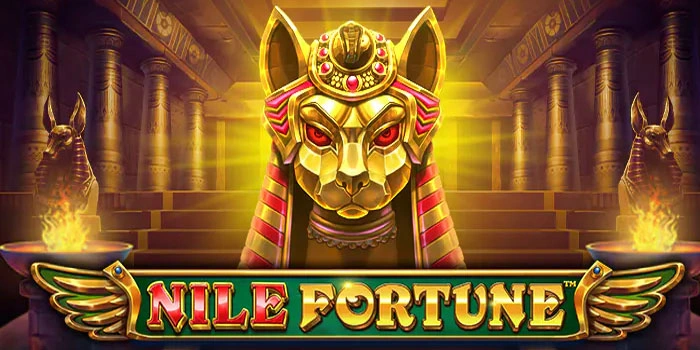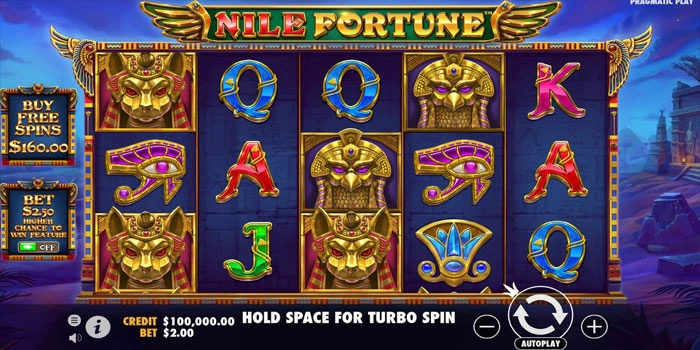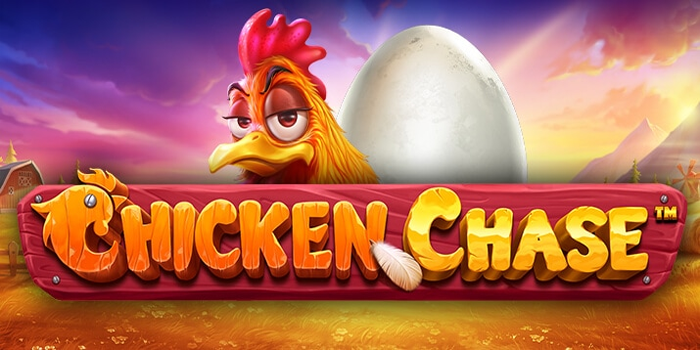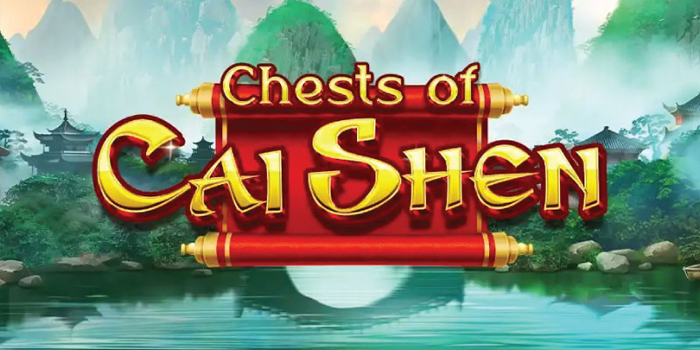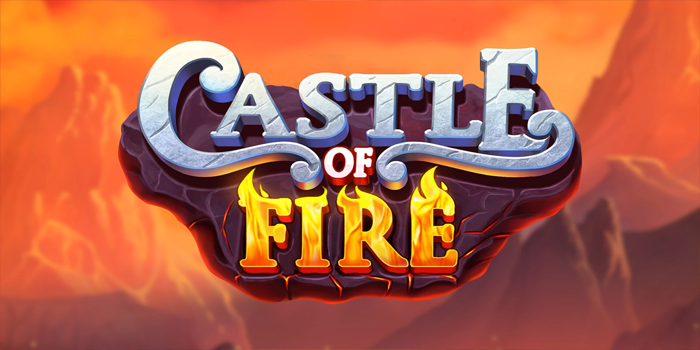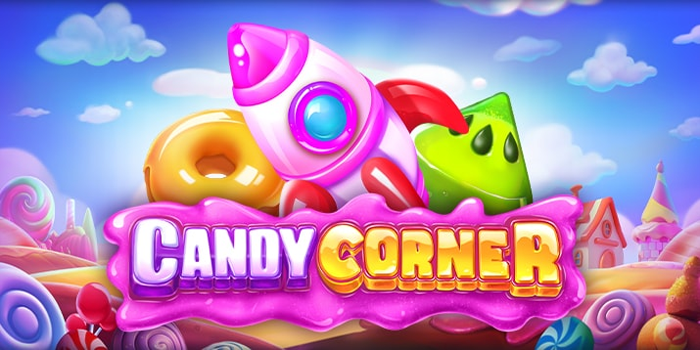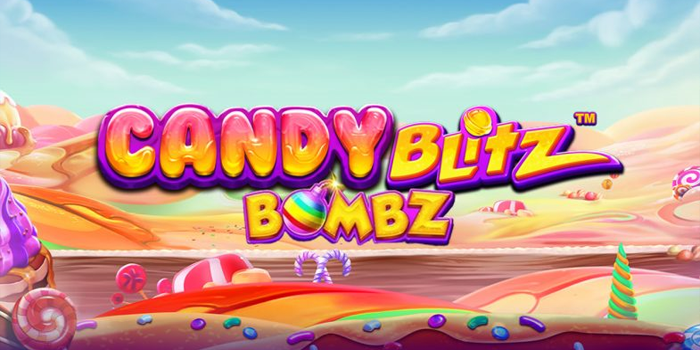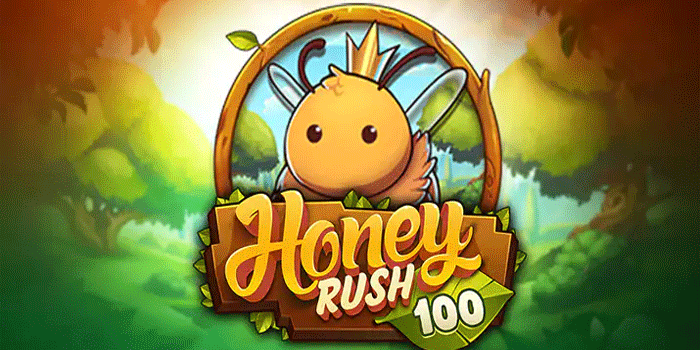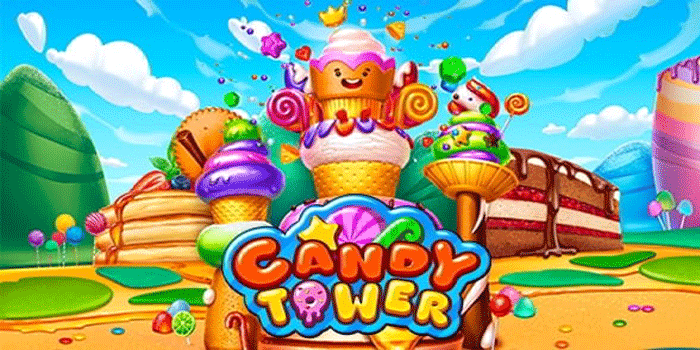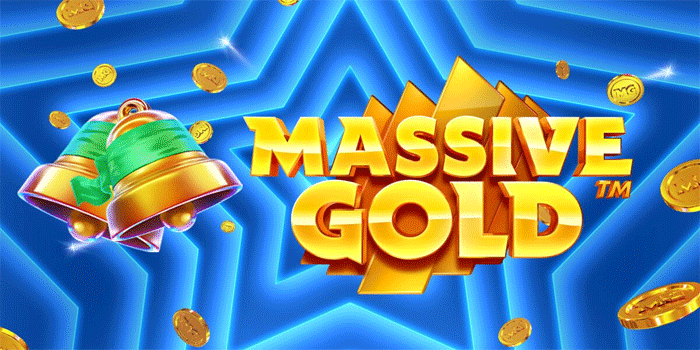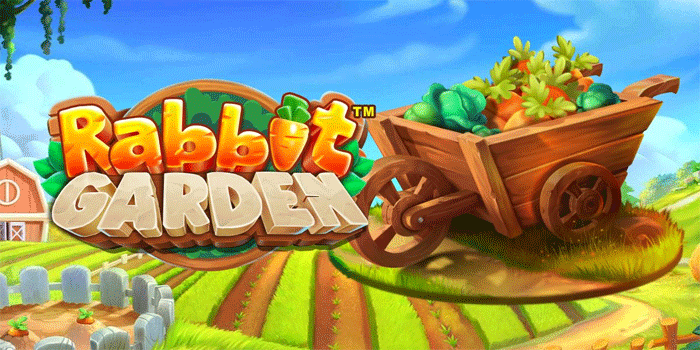Pola Konsisten Slot Honey Trap Of Diao Chan Dalam Gulungan Elegan
Slot Honey Trap Of Diao Chan menghadirkan tema klasik Tiongkok dengan sentuhan visual yang elegan dan simbol bernilai tinggi.
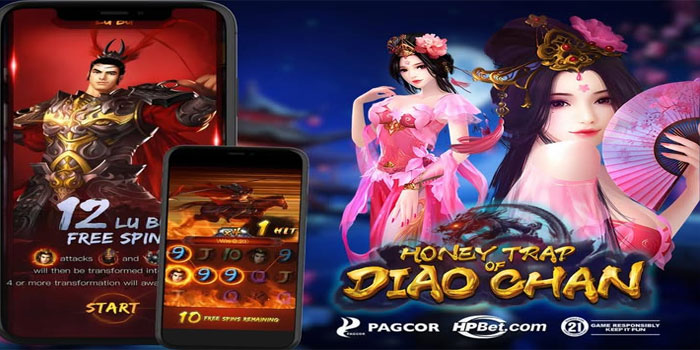
Salah satu aspek yang menarik dari permainan ini adalah pola konsisten yang muncul di gulungan, menciptakan peluang kemenangan yang lebih terstruktur. Pola ini membuat pemain dapat memprediksi alur permainan secara lebih rasional dan menyesuaikan taruhan berdasarkan pengamatan yang sistematis.
Berikut ini SLOT GACOR SERING MAXWIN akan membahas pola konsisten dalam Honey Trap Of Diao Chan, cara mengenali tanda-tanda kemenangan, serta pendekatan taruhan yang aman dan efektif.
Karakteristik Pola Konsisten Dalam Honey Trap Of Diao Chan
Pola konsisten dalam Honey Trap Of Diao Chan terlihat dari kemunculan simbol yang berulang pada posisi tertentu di gulungan. Pola ini tidak selalu linier, tetapi menampilkan ritme yang stabil, sehingga pemain dapat memprediksi kemungkinan kemenangan berikutnya.
Ritme konsisten menjadi indikator penting bagi pemain yang ingin bermain dengan strategi, karena memungkinkan mereka menentukan kapan saat yang tepat untuk meningkatkan taruhan atau menahan taruhan. Pola ini juga memberi sensasi permainan yang lebih elegan, sejalan dengan tema klasik Tiongkok yang diusung slot ini.
Bagaimana Pola Konsisten Terbentuk
Pola terbentuk ketika simbol tertentu muncul secara berulang pada gulungan yang sama atau gulungan yang berdekatan dalam beberapa putaran. Simbol bernilai tinggi, seperti Diao Chan atau simbol emas, biasanya menjadi inti dari pola konsisten.
Pemain yang mampu mengenali pola ini sejak awal memiliki keuntungan, karena mereka dapat memprediksi kapan kombinasi simbol berpotensi memberikan kemenangan besar.
Baca Juga: Analisis Ritme Slot Win Win Won Dari Struktur Simbol Oriental
Simbol Bernilai Tinggi Dalam Gulungan Elegan
Ikon bernilai tinggi seperti Diao Chan, koin emas, atau bunga teratai sering menjadi pemicu kemenangan signifikan. Simbol ini biasanya muncul dengan frekuensi yang lebih rendah dibanding simbol biasa, tetapi ketika mereka membentuk pola konsisten, potensi kemenangan meningkat secara drastis.
Selain itu, simbol khusus seperti wild dan scatter memainkan peran kunci dalam memperkuat pola. Kehadiran simbol ini dapat memicu fitur bonus atau putaran gratis, sehingga pola konsisten lebih mudah terbentuk dan peluang kemenangan meningkat.
Peran Simbol Khusus
Wild membantu menyelesaikan kombinasi yang terputus, sedangkan scatter dapat memicu fitur free spin yang memberi kesempatan pola konsisten lebih panjang. Pemain sebaiknya memperhatikan posisi simbol ini agar strategi taruhan lebih efektif.
Ritme Putaran Dan Pola Konsisten
Ritme putaran di Honey Trap Of Diao Chan cenderung stabil ketika pola konsisten muncul. Putaran terasa terarah, tidak acak, dan pemain dapat membaca alur kemenangan dari kombinasi simbol yang mulai terbentuk.
Mengamati ritme putaran membantu pemain menentukan kapan harus menaikkan taruhan. Pola konsisten yang muncul berturut-turut menandakan fase aktif permainan, sehingga peluang menang lebih tinggi pada putaran berikutnya.
Cara Mengamati Ritme Putaran
Pemain dapat mencatat hasil putaran selama beberapa kali dan memperhatikan kapan simbol bernilai tinggi mulai muncul berulang. Ketika pola terlihat stabil, taruhan dapat ditingkatkan secara bertahap untuk memaksimalkan hasil tanpa mengambil risiko besar.
Pendekatan Taruhan Berdasarkan Pola Konsisten
Pendekatan taruhan yang tepat adalah menyesuaikan nominal taruhan dengan fase permainan. Selama pola konsisten terbentuk, pemain bisa menaikkan taruhan sedikit demi sedikit. Sebaliknya, jika pola mulai terputus, taruhan disarankan kembali ke level awal agar modal tetap aman.
Strategi bertahap ini memungkinkan pemain menikmati permainan lebih lama dan memanfaatkan peluang tanpa cepat kehabisan modal. Disiplin taruhan menjadi kunci keberhasilan di slot Honey Trap Of Diao Chan.
Manajemen Modal Saat Pola Konsisten
Manajemen modal harus dilakukan dengan menetapkan batas maksimal taruhan per putaran dan jumlah putaran per sesi. Pemain juga disarankan mencatat hasil setiap sesi untuk menyesuaikan strategi taruhan berikutnya. Dengan cara ini, modal tetap aman sekaligus memaksimalkan potensi kemenangan.
Mengoptimalkan Fitur Bonus Untuk Pola Konsisten
Fitur bonus seperti free spin dan pengganda menjadi faktor tambahan yang dapat memperkuat pola konsisten. Free spin memberi kesempatan simbol bernilai tinggi muncul lebih sering, sedangkan pengganda meningkatkan nilai kemenangan dari kombinasi simbol yang terbentuk.
Pemain sebaiknya menunggu momen yang tepat saat fitur bonus aktif untuk meningkatkan taruhan, karena fase ini biasanya menandai puncak pola konsisten.
Strategi Saat Fitur Bonus
Saat fitur bonus aktif, pemain disarankan menaikkan taruhan secara terukur untuk memaksimalkan hasil. Namun, tetap jaga keseimbangan agar modal tidak habis saat fitur berakhir. Pendekatan ini membuat pola konsisten tetap memberikan keuntungan optimal.
Kesimpulan
Pola konsisten di slot Honey Trap Of Diao Chan memberikan peluang bermain yang lebih terarah. Dengan mengenali ritme putaran, memahami simbol bernilai tinggi, dan memanfaatkan fitur bonus, pemain dapat menyusun strategi taruhan yang efektif dan aman.
Pendekatan sistematis ini menekankan disiplin, kesabaran, dan pemahaman terhadap alur permainan. Pemain yang mampu membaca pola konsisten akan merasakan pengalaman bermain yang elegan sekaligus peluang kemenangan yang lebih stabil.
Untuk referensi fitur dan mekanik bonus, lihat panduan di PROVIDER SLOT ONLINE TERBAIK.

